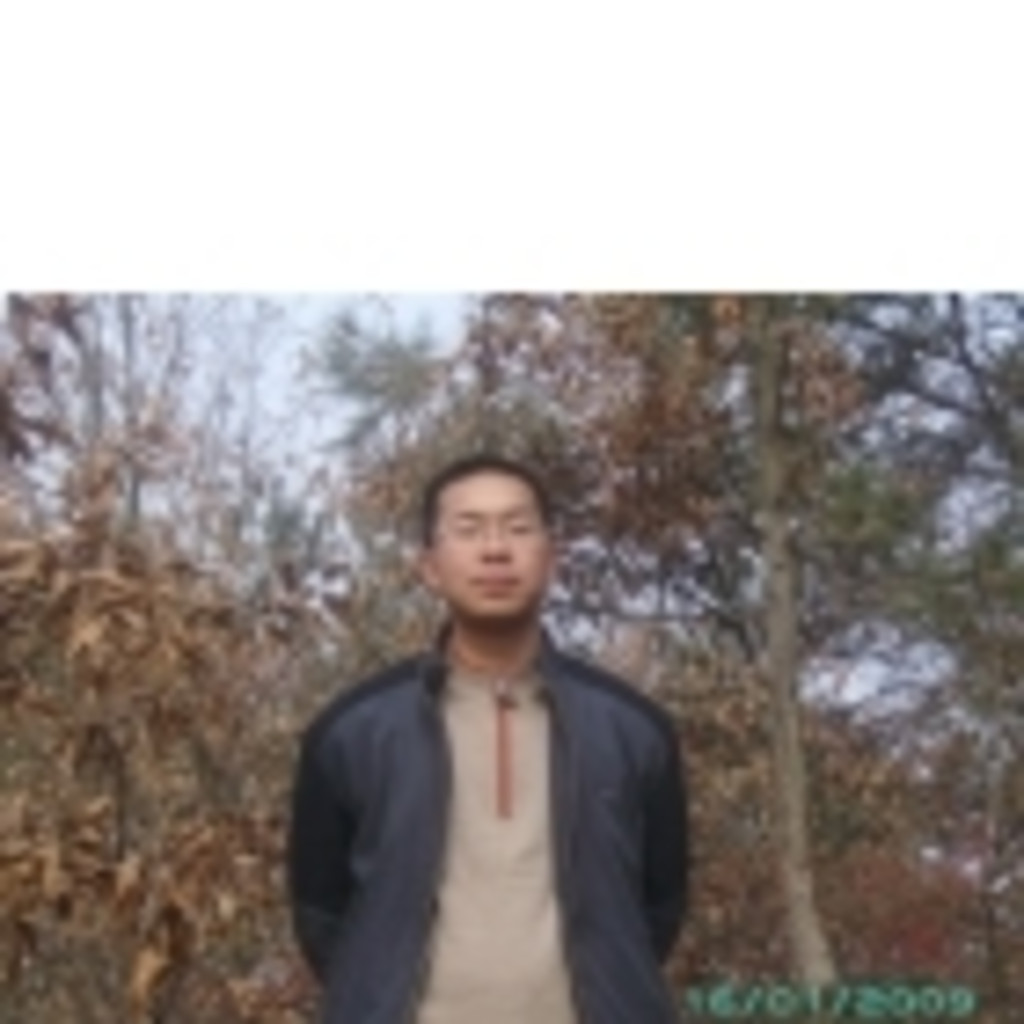
Jun yu loo trial#
The First Clinical Trial on Vascular Non-Penetrating Arcuate-Leged Clips in Eleven patients with Complicated Vascular Disorders. Wang Z, Zhu Y, Zarins C.K, Muller-Wiefer H, Reitz B.A, Wang S, Zhang Y, Zhang X, Yu J, Chen X, Bian C.by Wang Z, International Scientific Press, Beijing 1999 534-9 Complicated Infrarenal Abdominal Aortic Aneurysm Treating with Talent Stent-Graft System: A Case Report. By Wang Z, International Scientific Press, Beijing 1999 554-9 By Wang Z, International Scientific Press.

“Application of molecular biology in vascular surgery”. View PubMed Publications Other Publications North American Vascular Biology Organization.MD, Capital Medical University, Beijing, China, 1992.Residency, Surgery, Beijing Union Medical College Hospital, Beijing, China, 1996.Fellowship, Vascular Surgery, Beijing Union Medical College Hospital, Beijing, 1997.Fellowship, Vascular Biology & Pharmacology, Yale University School of Medicine, New Haven, CT, 2003.Identify novel signaling pathways that regulate ischemia-induced collateral remodeling, angiogenesis and neointimal hyperplasia, in patients with metabolic disease, in particular. Molecular control of vascular remodeling.We will also test the therapeutic potential of MKP5 small inhibitor in vivo. Defining the role of mitogen-activated protein kinase 5 (MPK5) in artherosclerosis and ischemic cardiomyopathy. The understanding on the mechanisms of autophagosome formation and regulation of inflammation may shed light in developing new strategies in treating inflammation related diseases including atherosclerosis and diabetes. We are investigating how functional ER protein controls autophagic flux to regulate inflammation. The role of reticulon in regulation of autophagy and vascular inflammation.We are now investigating the molecular mechanisms of reticulon family proteins in regulating atherogenesis and late atherosclerotic plaque necrosis using tissue specific conditional knock-out mouse models. Endoplasmic reticulum (ER) stress in disease including atherosclerosis and diabetes.

Currently, our major efforts are directed at: We have intensively used mouse genetic, cell biological and biochemical approaches to achieve these goals. The primary research goals in the Yu laboratory are to understand the molecular control of vascular remodelling and atherogenesis in response to arterial injury.


 0 kommentar(er)
0 kommentar(er)
